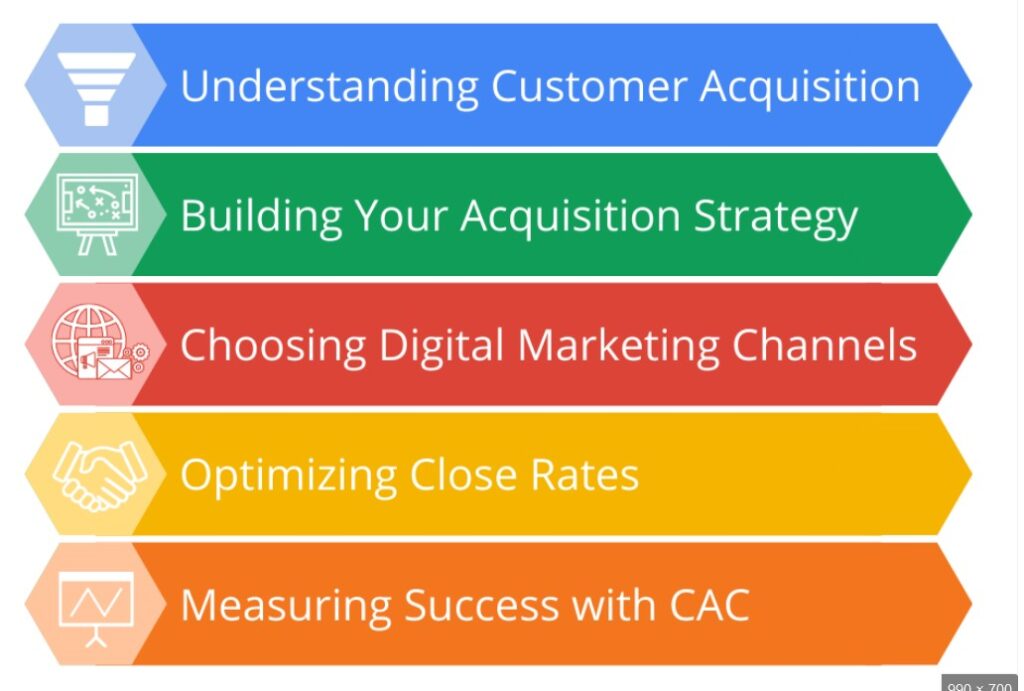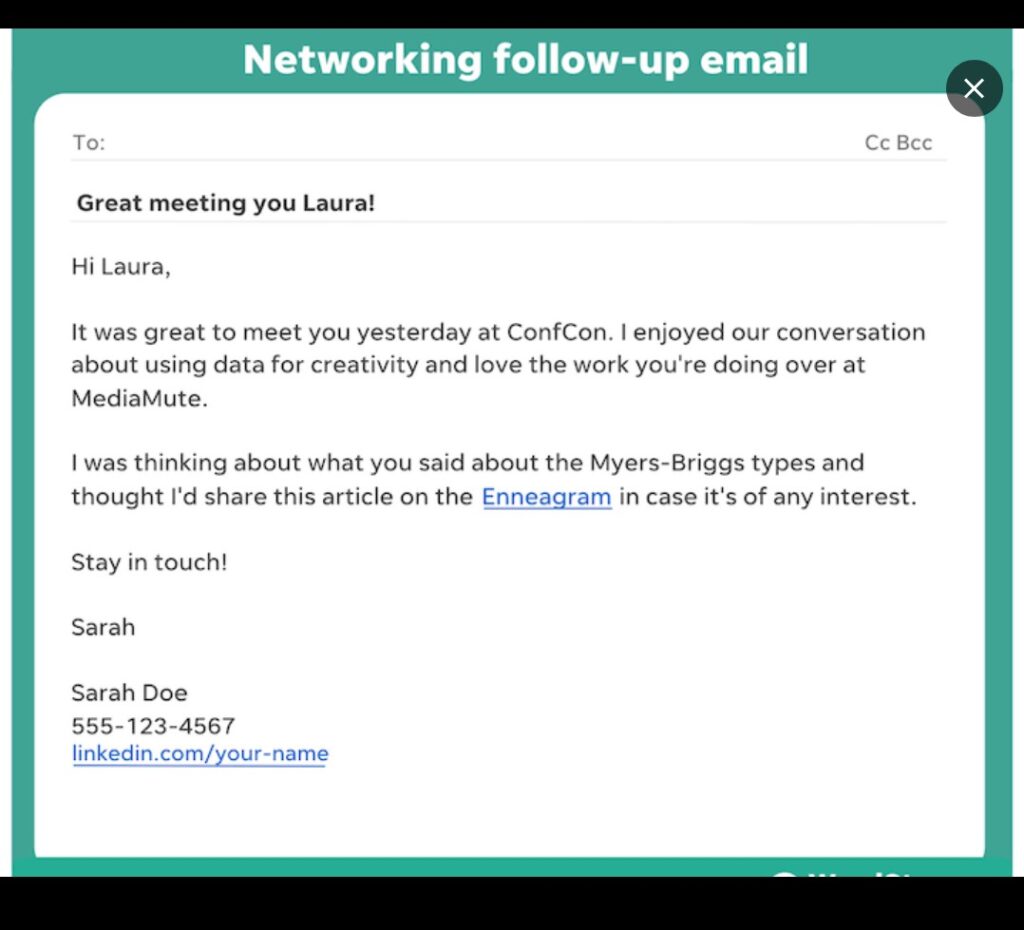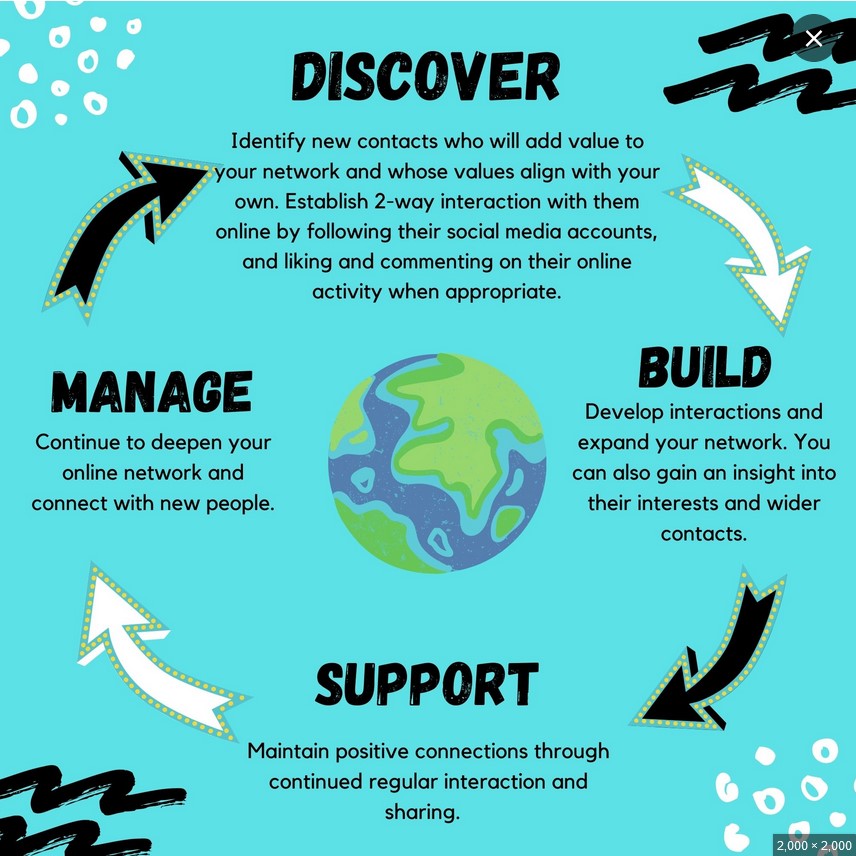In today’s fast-paced digital business landscape, the importance of networking cannot be overstated. Networking Tips for Business Success are crucial for entrepreneurs, professionals, and organizations striving to navigate and thrive in this interconnected world.

The ability to establish, grow, and leverage professional networks is a key factor that can significantly impact business growth and success.
The Evolution of Networking
Networking has undergone a radical transformation in the digital age. Gone are the days when business networking was confined to conferences and face-to-face meetings.

Now, with the advent of digital technology, Networking Tips for Business Success have evolved to include a variety of online tools and platforms that have expanded the scope and reach of professional networking. Understanding these changes is essential for anyone looking to effectively utilize networking for business growth.
Understanding Your Networking Goals
Before diving into the world of digital networking, it’s vital to identify what you aim to achieve. Networking Tips for Business Success often start with setting clear goals.

Whether it’s finding potential clients, seeking business partners, or gaining industry insights, having a clear understanding of your networking objectives will guide your strategies and help you measure success.

Digital Platforms for Networking
Incorporating Networking Tips for Business Success into your strategy for utilizing these platforms can be a game-changer.
These platforms offer various features that cater to different networking needs. Here’s an overview of some popular types of digital networking platforms:
- Professional Networking Platforms (e.g., LinkedIn, Xing):
- Purpose: Primarily focused on professional connections, job hunting, and career development.
- Features: Profile creation, resume posting, job search, professional group discussions, direct messaging, and content sharing.
- Social Media Platforms (e.g., Facebook, Twitter, Instagram):
- Purpose: While primarily for social connections, they are increasingly used for professional networking and brand building.
- Features: Post sharing, direct messaging, story features, live videos, and groups or pages for specific interests or communities.
- Industry-Specific Platforms:
- Purpose: Cater to specific industries (e.g., Behance for designers, ResearchGate for scientists).
- Features: Portfolio display, research paper sharing, industry-specific job listings, and forums for industry-related discussions.
- Networking Event Platforms (e.g., Meetup, Eventbrite):
- Purpose: Focus on organizing and finding networking events, workshops, seminars, and meetups.
- Features: Event creation and promotion, RSVP management, local event search, and community building.
- Discussion Forums and Online Communities (e.g., Reddit, Quora):
- Purpose: Provide a platform for asking questions, sharing knowledge, and discussing various topics.
- Features: Topic-specific forums, question-and-answer format, upvoting systems, and community moderation.
- Business Communication Tools (e.g., Slack, Microsoft Teams):
- Purpose: Facilitate communication and collaboration within organizations and professional groups.
- Features: Instant messaging, file sharing, video conferencing, and integration with other work-related tools.
- Alumni Networking Platforms:
- Purpose: Connect alumni from educational institutions for career opportunities and mentoring.
- Features: Alumni directories, mentorship programs, job postings, and event notifications.

Creating a Strong Online Presence
Building a robust online profile is an essential Networking Tip for Business Success. In the digital era, your online presence is often the first impression you make on potential business connections.
Start by ensuring your LinkedIn profile is comprehensive and up-to-date, reflecting your skills, experience, and professional achievements. Remember, a professional profile photo and a compelling bio can significantly enhance your online credibility.

Effective Communication in Digital Networking
Effective communication is a cornerstone of Networking Tips for Business Success, especially in a digital context. It’s crucial to be concise yet personable in your online interactions. Whether you’re emailing a potential contact or commenting on a LinkedIn post, your communication should reflect professionalism and clarity.
Emphasize the importance of active listening, even in digital conversations, to foster meaningful interactions.

Here’s a list of the Top 8 Communication Tools
highlighting their best use cases, key features, and reasons why you might consider using them:
1. Zoom

Best for: Video conferencing and webinars.
Key Features: High-quality video/audio, screen sharing, meeting recording, and virtual backgrounds.
Networking Tips for Business Success: Zoom facilitates high-quality video conferencing and webinars, essential for maintaining robust business relationships and conducting virtual networking events.
2. Slack

Best for: Team collaboration and communication.
Key Features: Instant messaging, file sharing, integration with numerous apps, and channel organization.
Networking Tips for Business Success: Slack is a powerful tool for team collaboration, offering features that support networking strategies by enabling efficient communication and knowledge sharing within professional communities.
3. Microsoft Teams

Best for: Integrated office collaboration.
Key Features: Chat, video calls, file storage, and integration with Microsoft Office products.
Networking Tips for Business Success: Leveraging Microsoft Teams for integrated office collaboration can enhance your networking efforts by streamlining communication and fostering a culture of openness and connectivity among team members.
4. Skype

Best for: International calls and small team meetings.
Key Features: Video/audio calls, instant messaging, file sharing, and low-cost international calling.
Networking Tips for Business Success: Skype’s international calling capabilities and small team meetings feature are key for businesses looking to expand their network globally, offering cost-effective ways to stay connected with international partners.
5. WhatsApp

Best for: Personal and business messaging worldwide.
Key Features: End-to-end encrypted messaging, voice and video calls, group chat, and multimedia sharing.
Networking Tips for Business Success: WhatsApp’s end-to-end encrypted messaging system is perfect for secure business communications, ensuring that networking efforts and sensitive conversations remain private and protected.
6. Google Meet

Best for: Seamless integration with Google services.
Key Features: Video conferencing, screen sharing, real-time captions, and integration with Google Calendar.
Networking Tips for Business Success: Google Meet’s seamless integration with Google services makes it an excellent tool for those aiming to enhance their business networking strategies through efficient scheduling and organization of virtual meetings.
7. Trello

Best for: Project management and team collaboration.
Key Features: Board and card system for task tracking, integration with various apps, easy-to-use interface, and collaboration tools.
Networking Tips for Business Success: Trello’s project management features can be instrumental in networking by organizing and tracking networking goals, tasks, and follow-ups in a visually appealing and collaborative environment.
8. RingCentral

Best for: Unified business communication.
Key Features: Cloud-based phone system, video conferencing, business SMS, and fax.
Networking Tips for Business Success: RingCentral offers a unified communication solution that can significantly aid in networking by providing a comprehensive platform for voice, video, and message communication, ensuring that businesses can easily connect with their network anytime, anywhere.
Each of these tools has its own unique set of features and benefits. Your choice should depend on your specific needs, such as the size of your team, the nature of your work, and your existing tech ecosystem.
Building Meaningful Connections
Another pivotal Networking Tip for Business Success is to focus on building genuine relationships rather than just increasing the number of your connections. This can be achieved by engaging regularly and meaningfully with your network.

Share relevant content, participate in discussions, and offer your expertise. This approach not only enhances your visibility but also helps in building trust and rapport with your connections.
Leveraging Social Media for Networking
Social media platforms are powerful tools for business networking. Leveraging these platforms effectively is a vital Networking Tip for Business Success.

Platforms like Twitter, LinkedIn, and even Instagram offer unique ways to connect with industry leaders, peers, and potential clients. Share insights, join groups, and participate in industry conversations to expand your network and establish your presence in the professional community.
Attending Virtual Networking Events
Making the most out of online conferences and meet-ups is a vital Networking Tip for Business Success. In a virtual setting, it’s important to be proactive. Before the event, familiarize yourself with the platform and prepare a brief introduction about yourself.
During the event, actively participate in discussions and breakout sessions. Virtual events often have chat functions – use them to initiate conversations and connect with other attendees.
Following Up and Maintaining Connections
One of the key Networking Tips for Business Success is effective follow-up. After a networking event, be it virtual or in-person, send personalized messages or emails to those you connected with. Mention specific details from your conversation to show genuine interest.
Nurturing these relationships over time is crucial; regular check-ins, sharing relevant articles, or congratulating them on professional milestones can help in maintaining these connections.

Measuring Networking Success: Networking Tips for Business Success
Another important Networking Tip for Business Success is to assess the effectiveness of your networking efforts. This could involve tracking the number of meaningful connections you’ve made, opportunities that have arisen from these connections, or even how much you have learned from your network.

Setting clear objectives for your networking activities and regularly reviewing these goals can help you understand the impact of your efforts.
Overcoming Digital Networking Challenges
In the realm of digital networking, challenges such as creating genuine connections or managing online presence are common. Overcoming these challenges is a crucial Networking Tip for Business Success.

This might involve enhancing your digital communication skills, being consistent in your online engagements, or finding ways to add personal touches to your digital interactions. Remember, overcoming these challenges is key to leveraging the full potential of digital networking.
Networking Tips from Industry Experts
Gleaning insights and advice from professionals is an invaluable Networking Tip for Business Success. Experts often emphasize the importance of authenticity, strategic engagement, and continuous learning in networking.

Incorporating advice from various industry leaders can help you refine your approach, making your networking efforts more effective and impactful.
Engage with content shared by these experts, whether it’s articles, webinars, or podcasts, to stay abreast of best practices in networking.
Future Trends in Digital Networking
Understanding the future trends in digital networking is a critical Networking Tip for Business Success. Industry experts predict that virtual and augmented reality may play a significant role in future networking events, offering more immersive and interactive experiences.
Additionally, the rise of AI and machine learning could lead to more personalized networking opportunities, automating the process of finding and connecting with relevant professionals. Staying informed about these trends can help you adapt and leverage new technologies for networking.

Conclusion: Networking Tips for Business Success
Summarizing key takeaways and encouraging action is essential. The insights from industry experts and predictions about future trends highlight the dynamic nature of networking.
A crucial Networking Tip for Business Success is to remain adaptable, continuously seek out learning opportunities, and be proactive in applying new strategies to your networking efforts. Remember, the goal of networking is not just to expand your network but to foster meaningful connections that can support mutual growth and success.
FAQ Section for Networking Tips for Business Success
Q1: How often should I engage with my network to maintain meaningful connections? A1: Regular engagement is key to maintaining meaningful connections. Aim to reach out or interact with your contacts at least once every few months. This can be through sharing relevant articles, offering assistance, or simply checking in to see how they are doing.
Q2: What are the most effective digital platforms for business networking? A2: LinkedIn is widely regarded as the most effective platform for professional networking, given its business-focused nature. However, platforms like Twitter, Instagram, and industry-specific forums can also be valuable, depending on your field and networking goals.
Q3: Can virtual networking replace face-to-face interactions? A3: While virtual networking offers convenience and a broader reach, it doesn’t entirely replace the value of face-to-face interactions. A blend of both virtual and in-person networking is often the most effective strategy.
Q4: How can I measure the success of my networking efforts? A4: Success can be measured in various ways, including the number of meaningful connections made, opportunities arising from those connections, and the extent of learning and development gained through your network. Setting clear objectives for your networking activities can help in measuring success.
Q5: What should I do if I don’t receive a response from someone I reached out to? A5: It’s important not to take it personally if someone doesn’t respond. People are often busy and may miss messages. You can try following up once more after some time has passed. If there’s still no response, focus your efforts on other connections.
Q6: Are there any tools or resources to help manage my networking activities? A6: Yes, there are several tools available that can help manage networking activities, such as contact management software, social media management tools, and platforms that facilitate virtual networking events. These can help you stay organized and make the most of your networking efforts.
Q7: How important is personal branding in networking? A7: Personal branding is extremely important in networking. It helps you stand out and makes it easier for others to understand who you are, what you do, and how you can contribute to their network. A strong personal brand can significantly enhance your networking success.
Q8: What are some common mistakes to avoid in networking? A8: Common mistakes include not being proactive, failing to follow up, not listening actively, and focusing too much on taking rather than giving. Networking is about building mutually beneficial relationships, so it’s important to avoid these pitfalls.




